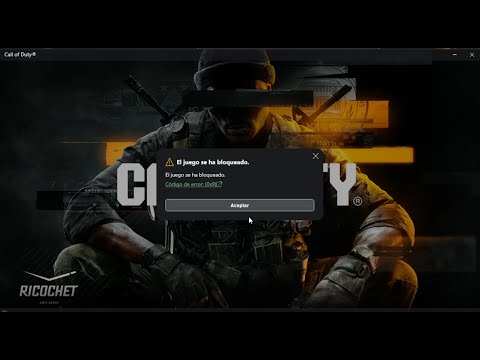The digital battleground of Call of Duty has long been a place where skill is king, teamwork triumphs, and the rush of victory is unparalleled. Yet, for just as long, it has also been a realm plagued by a persistent shadow: cheating. Every player, at some point, has felt the sting of an impossible headshot, the phantom wallhack, or the unyielding aimbot. It saps the fun, erodes trust, and threatens the very competitive spirit of the game.
Now, as the highly anticipated Call of Duty: Black Ops 7 prepares for its beta debut, Activision is rolling out a formidable new defense system for PC players, aiming to cleanse the battlefield: mandatory TPM 2.0 and Secure Boot. This isn`t merely a software patch; it`s a significant hardware-level fortification, signaling a new front in the ongoing war against “bad actors.”
The Unseen War: Why Hardware Matters
The fight against cheating is an endless digital arms race. Developers, like diligent, slightly exasperated guardians, are constantly updating their defenses, while an equally persistent, if less honorable, faction seeks new exploits. Traditionally, anti-cheat has relied heavily on software-based detection, a cat-and-mouse game where every detection leads to a new evasion technique.
With Black Ops 7, Activision`s Ricochet anti-cheat team is taking a different, more foundational approach for its PC players. By mandating the use of Trusted Platform Module (TPM) 2.0 and Secure Boot, they are essentially asking players` systems to prove their integrity before the game even loads.
Digital Bouncers: What Are TPM 2.0 and Secure Boot?
These terms might sound like technical jargon typically reserved for enterprise IT, but their function, in simple terms, is to act as digital bouncers for your gaming system.
Trusted Platform Module (TPM) 2.0
Think of this as a tiny, highly secure cryptographic processor built into your computer`s motherboard. Its primary job is to store sensitive information (like encryption keys) and verify the integrity of your system`s boot process. If any unauthorized software or modifications try to tamper with the system`s core components, the TPM can detect it. For Call of Duty, this means creating a more secure environment where malicious software struggles to take root. It`s like having a secure vault for your system`s most critical credentials.
Secure Boot
This is a feature within your system`s UEFI firmware (the modern BIOS). When enabled, Secure Boot ensures that only software trusted by the PC manufacturer can load during startup. It essentially prevents unsigned or unauthorized operating system loaders from running, which is a common vector for cheats to inject themselves into the system at a very low level. It ensures your operating system starts clean, without unwelcome digital guests.
By requiring both, Activision is attempting to lock down the PC environment from the very moment it powers on, making it significantly harder for cheats to establish a foothold or remain undetected.
A New Standard for Fair Play?
This isn`t just about catching cheaters mid-game; it`s about preventing them from even getting into the match with compromised systems. Activision explicitly states these measures are designed to “raise the bar for security in PC gaming” and “make it harder for bad actors to load cheats.”
The Black Ops 7 beta, running from October 2nd to October 8th (with early access for pre-orders from the 2nd to the 5th, and open access from the 5th to the 8th), will be the proving ground for these new protocols. It`s a bold move that could potentially set a new precedent for security in competitive PC gaming.
Impact on Esports and Community Trust
The implications, especially for the burgeoning Call of Duty esports scene, are significant. Online tournaments, from amateur Challengers circuits to higher-tier competitions, have always been vulnerable to cheating. A more secure foundational environment means a fairer playing field, where genuine skill and strategic prowess are the sole determinants of victory. This can only foster greater trust within the community and strengthen the competitive integrity of the game.
Team Ricochet, Activision`s dedicated anti-cheat division, has a proven track record, having previously mitigated thousands of cheaters using third-party hardware. This latest initiative is a logical, albeit ambitious, escalation of their efforts.
The Endless Pursuit of Purity
Of course, the digital underworld is nothing if not resourceful. No anti-cheat measure is truly impenetrable forever. For the truly dedicated cheater, it`s merely another challenge, a digital Gordian knot to untangle. However, for the overwhelming majority of legitimate players, these new hardware-backed requirements represent a substantial leap towards a cleaner, more enjoyable gaming experience. It`s a declaration: Call of Duty intends to keep its battlegrounds as pure as possible. While the war may never end, this offensive marks a significant victory for fair play.

